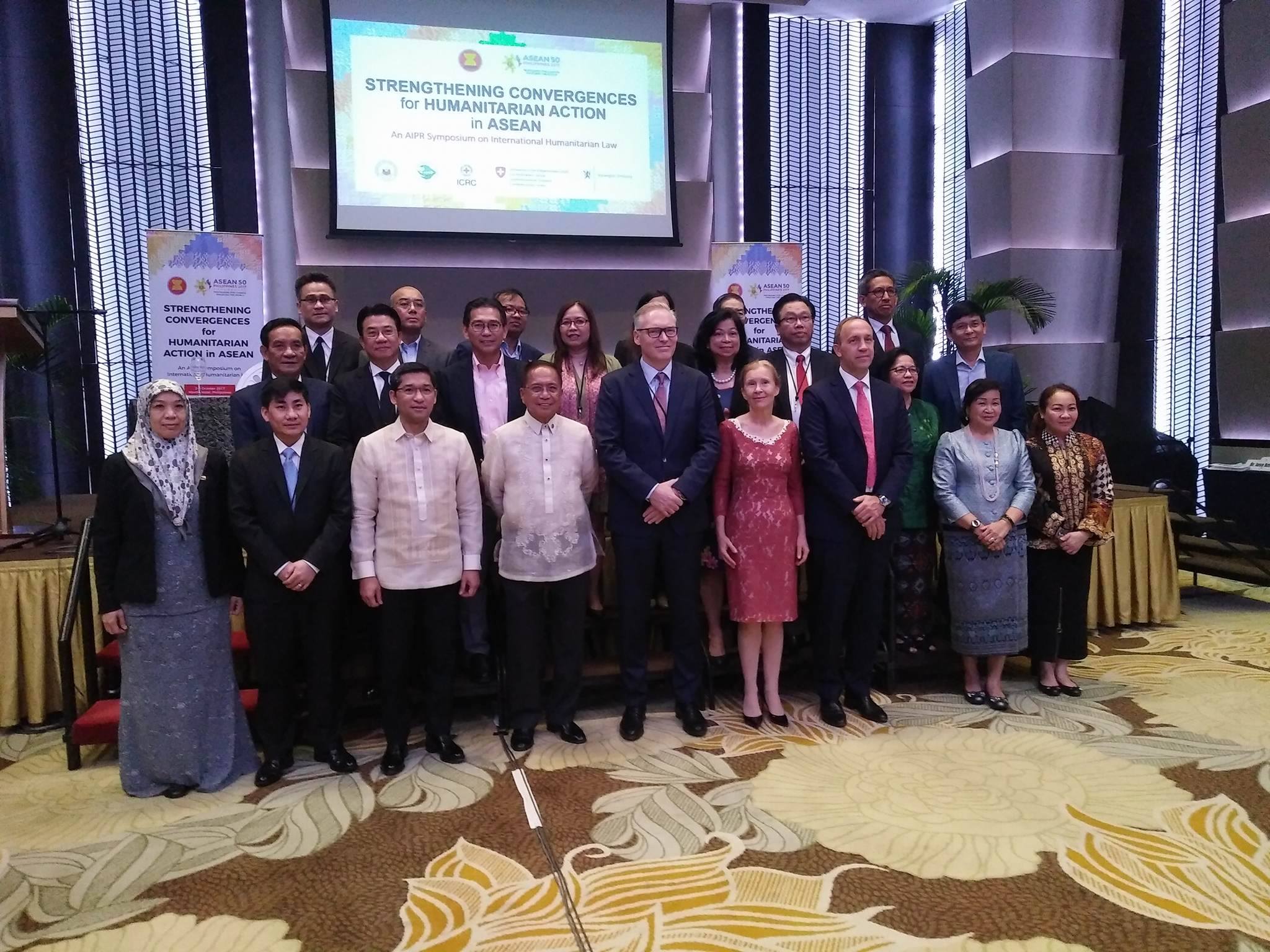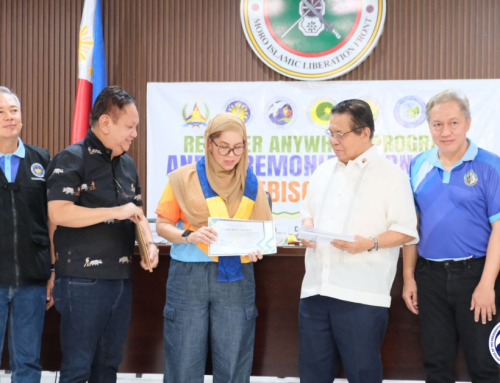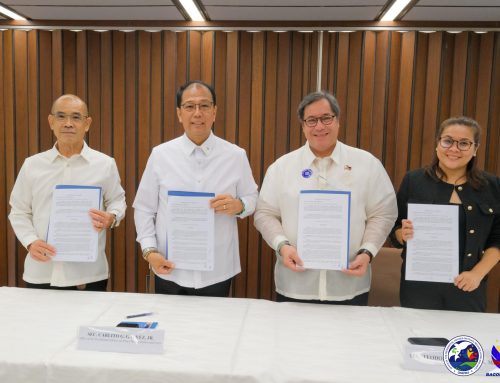A regional symposium for the Association of Southeast Asian Nations (ASEAN) was orchestrated to provide a stronger platform in addressing humanitarian challenges faced by the region held at the Manila Hotel, 2 to 3 October.
In his keynote address during the symposium dubbed Strengthening Convergence for Humanitarian Action in the ASEAN, Office of the Presidential Adviser on the Peace Process (OPAPP) Secretary Jesus Dureza acknowledged that violent extremism as an emerging problem that the Philippines and all ASEAN countries are experiencing.
He said that modern technology has been an effective tool in countering the extremists in war, but with a great price.
“We see missiles, smart bombs today and drones providing how to kill efficiently and quickly the enemy. With all these emergence of technology now, we lose the humanity part. Sometimes, we forget what effect it has to victims, especially innocent civilians,” he expressed.
Dureza added that Marawi is an “eye-opener” to all countries because violent extremism became a “new game that has no rules that go for humanitarian law, human rights or respect for non-combatants”.
“The recent experience in Marawi is a very big learning experience for us. While you have seen the tragedy of man’s inhumanity to man, I think we should draw lessons from this in order that we can better improve on how we can jointly handle similar situations that will eventually become bigger and more threatening if we in the ASEAN still continue to consider it less important,” he shared.
The two-day regional dialogue is set to explore convergence amongst the fundamentals of the International Humanitarian Law, religious norms and customary practices that would eventually lead to a set of recommendations highlighting best practices in addressing humanitarian issues.
Further discussions in this symposium included the challenges faced in translating humanitarian principles and religious values into practice, ways to increase protection of vulnerable groups, health care, children and education, persons deprived of liberty while addressing conflict, and the ways forward.
Around 170 participants from various stakeholders took part in the discussion including representatives from ASEAN member states, International Committee of the Red Cross, ASEAN Institute for Peace and Reconciliation, national government agencies, international organizations, civil society organizations and OPAPP.











